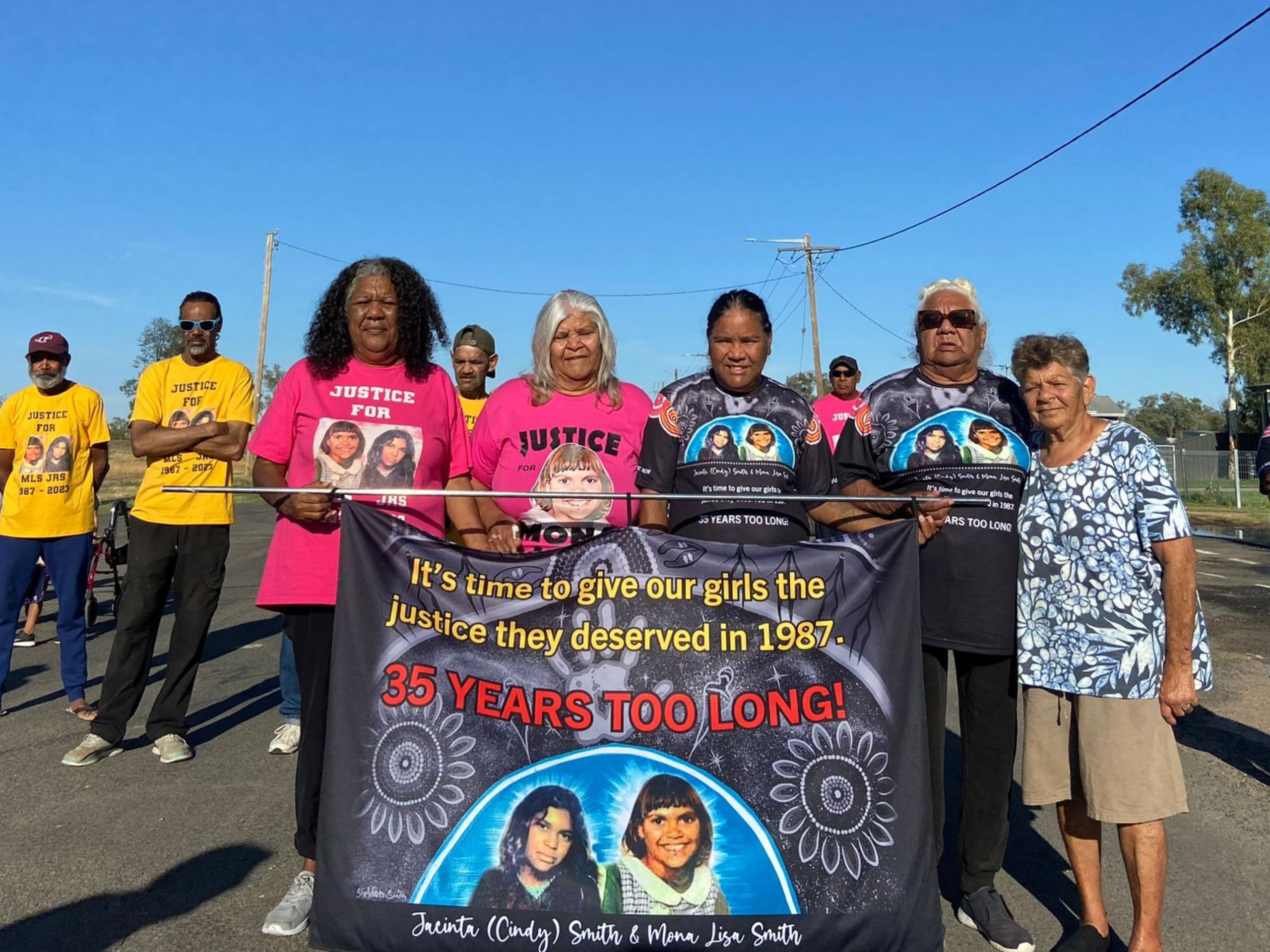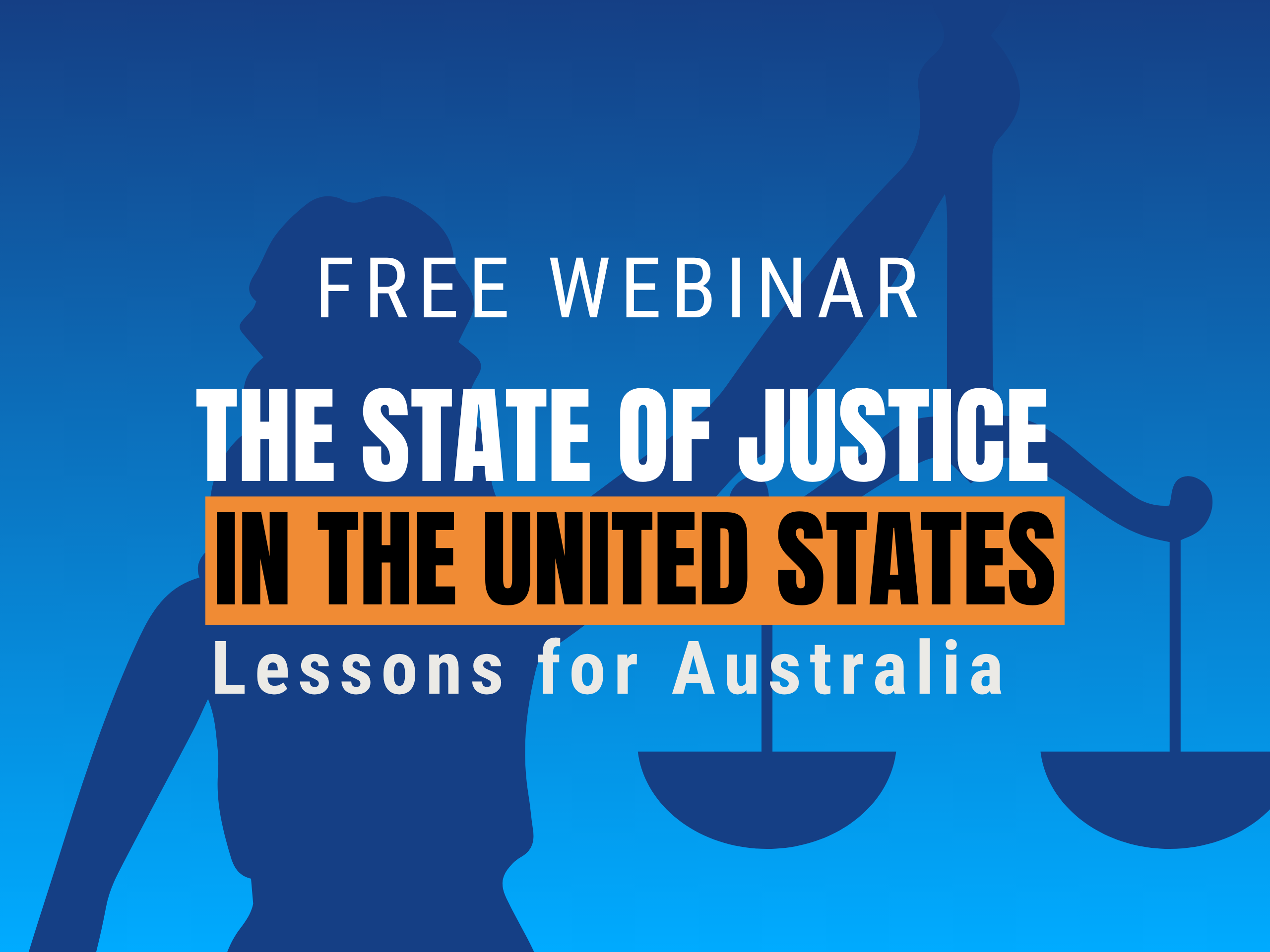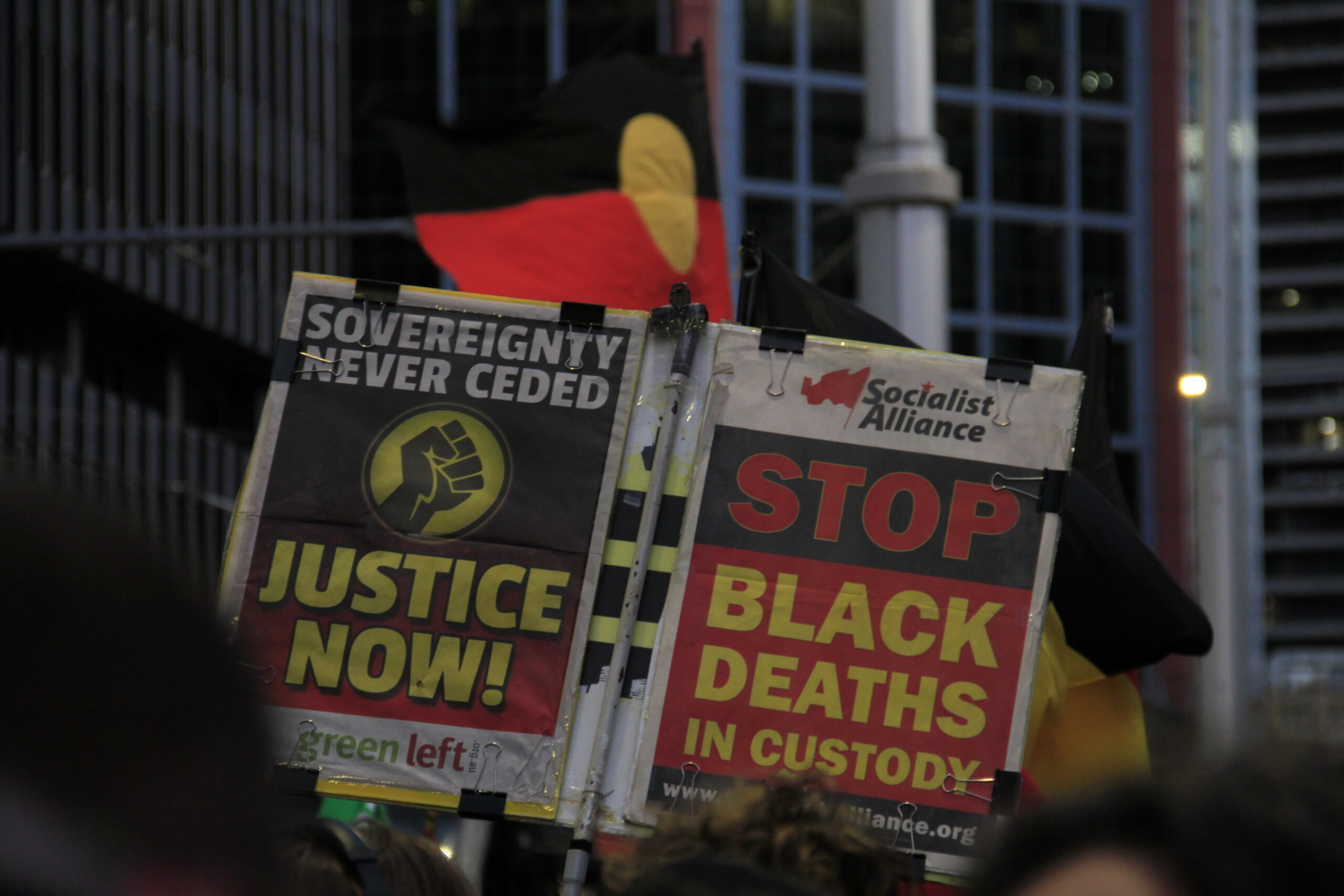Content Warning: Aboriginal and Torres Strait Islander readers are advised this story contains the names of First Nations people who have passed away.
Today in Australia, there is a crisis of violence against Indigenous women and children. We know that since 2000, at least 315 First Nations women have gone missing or been murdered or killed in suspicious circumstances. And we also know that First Nations women are being murdered at up to 12 times the national average.
Drawing on the lived-experience of our clients, the families of Baby Charlie Mullaley and of Mona Lisa and Cindy Smith, we recently drew the parliament’s attention to the systemic failures to address violence against Indigenous women and children. Failures in policing, in the justice system, and in government agencies and departments.
In our submission to the Senate Inquiry into Missing and Murdered Indigenous Women and Children, we highlighted the voices of our clients and called for urgent action to end this epidemic of violence.
How are our systems failing Indigenous women who have experienced violence?
In January 2022, we drew the attention of the United Nations (UN) to the systemic violence that First Nations women and children are subject to in Australia, and now, we’re talking our message to the Federal Parliament.
The failures to properly investigate the deaths or disappearances of First Nations women and children are a very clear and direct denial of justice for communities and families. These failures leave loved ones without closure.
The justice system, including the police and the criminal and coronial jurisdictions, has a responsibility to protect First Nations women and children. They also have the duty to investigate violence, to hold perpetrators accountable, and to identify preventative actions.
Taking our clients’ voices to parliament
The prioritisation of the voices of First Nations families is critical to uncovering the true extent of violence against Indigenous women and children.
In our submission, we drew on the experience of our clients, the Mullaley Family and the Smith Family. They called on the parliament to make change in the hope that other families will be spared the ongoing injustice that has traumatised their communities.
We told the parliament that the Mullaley family deserve accountability for the repeated failures and racial prejudice experienced at the hands of WA Police and WA Government, the WA CCC and the WA State Coroner. While we welcome the WA Government’s apology to the Mullaley family, we continue to call for systemic reform to address the systemic racism and violence that they were forced to endure.

We said that the Smith family deserve accountability for the perceived failures of NSW Police and Office of the DPP. For the Smith family, this would help ensure that Mona and Cindy Smith are properly commemorated and honoured, enabling their family to move closer to some form of closure and long overdue justice.
What changes are needed in the justice system to prevent violence against First Nations women and girls?
In our submission, we call for four key reforms to the justice system which would help secure accountability and justice for victims of violence:
- We need to develop new policies within police and government agencies to address sexual abuse and domestic and family violence. This reform must be developed in consultation with First Nations women and organisations working in domestic violence.
- We need mandatory independent oversight of police investigations and complaint allegations from First Nations people – because police should not investigate police.
- Our coronial system needs an overhaul. First Nations communities deserve a coronial system that is trauma-informed, responsive to cultural needs, and that has the power to investigate systemic racism and make system-wide recommendations.
- First Nations people deserve to receive culturally appropriate response when dealing with the justice system. That’s why we call for mandatory and ongoing police and government education in anti-racism and culturally competency.









